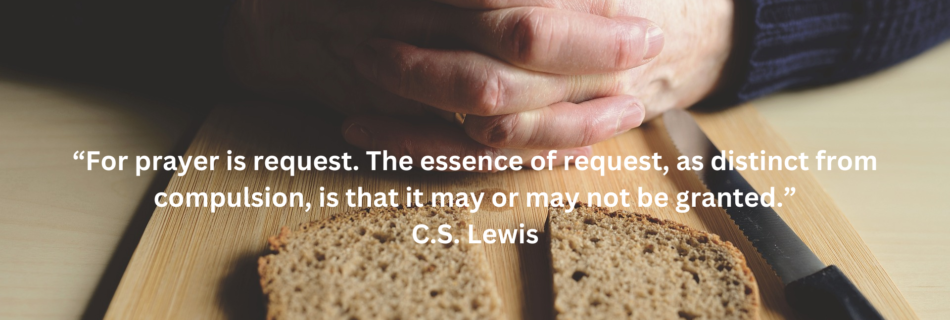One of our favorite trips is to Universal Orlando! Theme parks are filled with thrilling rides, fun times with family, and ice cream! We’ve noticed one surprising thing there, however…people aren’t happy. In fact, they are downright grumpy and sometimes even irate. Now, this isn’t a post criticizing Universal, but rather, focusing on a deeper issue (because, news flash, this happens a lot of places). Why are people so unhappy?
There are a few factors involved, and it’s good to be aware of them so you can be in the smaller group of happy people. This affects you, even if you don’t like theme parks, because these issues affect you in all aspects of life (theme parks just sometimes paint the clearer picture of the issues).
1. Are you hungry or tired?
If you are overly emotional, stop and ask yourself if you are hungry or tired. Go get a snack or take a break. You’ll be surprised to see how much better life looks when you fix those two issues.
2. Have you set strict expectations?
It’s great to plan, but if you’ve come up with a strict itinerary of what you need to do and when, chances are, you are going to be miserable. The plan never goes the way you expect, and when you’ve determined that your day has to go a specific way, you crash when the plans change. It’s better to do your research and get an idea of what you would like to do, but go with the flow as the day brings unexpected changes.
“A man’s heart deviseth his way: but the Lord directeth his steps.” – Proverbs 16:9
“In every thing give thanks: for this is the will of God in Christ Jesus concerning you.” – 1 Thessalonians 5:18
3. Are you having an attitude of gratitude?
The funnest place in the world can feel like the pits…or the dullest thing in the world can be fun. What determines this? Easy, your attitude. You choose to be grateful for the day the Lord has blessed you with, or you choose to be miserable about things that aren’t going your way. Choose to be grateful, count your blessings, and be happy!
“This is the day which the Lord hath made; we will rejoice and be glad in it.” – Psalm 118:24
4. Do you have peace with the Lord?
You can fix all the problems in steps 1-3, but if you don’t have peace with the Lord, you won’t find true peace and joy in life. You can try to fill the gaps, and have moments of satisfaction, but you will end up finding that something is empty and missing. When you turn to the Lord and have salvation through his Son, Jesus, you can start to have peace. But it isn’t enough to say a prayer, and put it into your pocket as insurance. You need to learn to walk with the Lord, to turn from your sins, to have His Spirit, to grow in Him. Without this, you won’t have peace or true joy. You can be in the funnest spot in the world, and still be empty. But with the Lord, you can be in a hard spot, and still have peace and His comfort, grace, and joy.
“And let the peace of God rule in your hearts, to the which also ye are called in one body; and be ye thankful.” – Colossians 3:15






